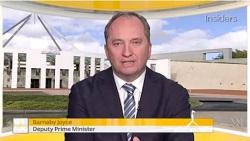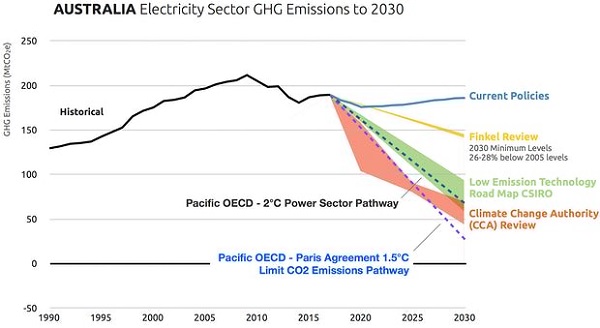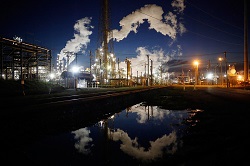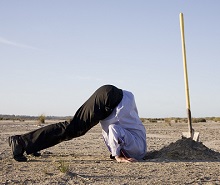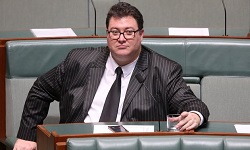Malcolm Turnbull took the press gallery to Cooma for an update on Snowy Hydro 2.0 (they are drilling the rocks to see whether the tunnelling is feasible) but all the press was interested in was whether it was time to sack Christopher Pyne and, of course, in Tony Abbott.
It was supposed to be the winter recess, with politics on the backburner. On Friday night Pyne, in a Sydney bar with some of his ‘moderate’ Liberal mates, indulged in a bit of triumphalism about how with Malcolm at the helm the moderates now control the agenda. He also said what everyone probably knew, that he’s voted for Turnbull over Abbott every chance he got, and said same-sex marriage may come sooner than we think. Continue reading Pollie follies

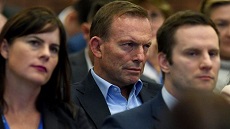
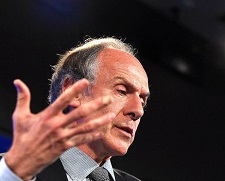 Two of the best articles on the Finkel Review are at Inside Story – Giles Parkinson’s
Two of the best articles on the Finkel Review are at Inside Story – Giles Parkinson’s 

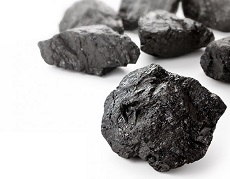 I got a heads-up from John D, Mark’s Facebook was onto it also. Prospective migrants would be asked questions about clean coal,
I got a heads-up from John D, Mark’s Facebook was onto it also. Prospective migrants would be asked questions about clean coal, 
